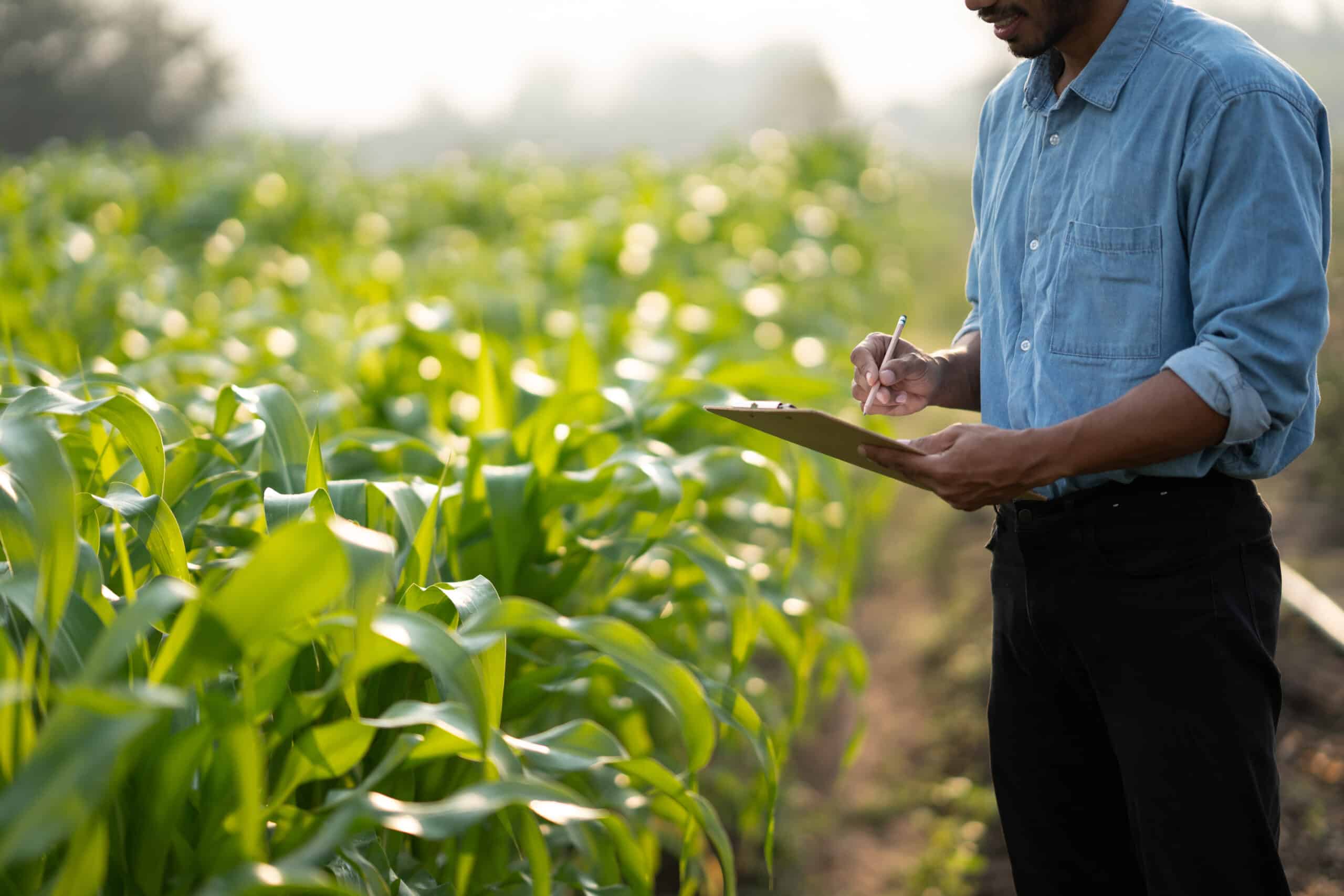In 2020, 155 million people faced severe food insecurity despite access to food being a fundamental human right. Food prices are now climbing to levels that sparked food crises and riots in many parts of the world during the last two decades.
Recent food price rises have been most sharply felt in those countries which rely on trade for their food supplies and have highlighted the risks of import dependency. Those risks will only increase especially as climate change begins to impact global food trade patterns.
Is trade in food bad for food security, and should countries look to policies to support domestic production?
Conflict and war, weather extremes and economic shocks, including those induced by COVID-19, are primary drivers of insecurity. Many say that increased trade will not be enough to solve the issues but it can help to improve food security.
Domestic food production versus food trade?
Increased trade in food has its downsides. Many developing countries specialize in exporting cash crops at the expense of staple foods for domestic consumption, making them net food importers with the vulnerabilities this implies.
Many consumers believe that smaller, local producers are more trustworthy and more likely to offer higher-quality foods, especially with better environmental credentials with lower transport costs and ‘food miles’. There is also a growing demand for local products in developed countries and growing local food movements aimed at helping small producers and supporting domestic production.
The rapid expansion of soy production has led to widespread land conversion for those countries where there is a comparative advantage in soy namely the Brazilian Amazon. This deforestation impacts the delivery of the range of ecosystem services that forests supply – carbon storage, production of rainfall, livelihoods for local people, as well as providing a hotspot for biodiversity.
What has been the impact of trade liberalization?
Since the Second World War, and especially in the last three decades, the global trade of goods has rapidly increased. Agricultural trade is worth over $1.1 trillion today and the global food system has become complex and interconnected.
Every country in the world is dependent on trade to some extent for its overall food needs. For many commodities production is concentrated in a handful of countries exporting to many, some of which also re-export. For example, the global soybean trade has grown almost five-fold in value since 2000 and is now over 200 million tonnes – more than double its volume in 2000.
It is now the most traded agricultural commodity, dominated by exports from Brazil, the US and Argentina to China. Within the EU trade liberalisation, elimination of border controls on the movement of goods and technical and fiscal barriers to accessing the single market because of E.U. enlargement have triggered a trade creation effect and an increase in food production in the countries of the “new” European Union such as Poland.
International markets have become increasingly important for food security in developing nations over the last 60 years. In Africa where there are severe food insecurity challenges, a lot of food is imported. Between 2016 and 2018 about 85% of food was imported from outside the continent.
As its population grows, net food imports to Africa are expected to triple by 2025 even as undernourishment grows by one-third. In the Caribbean, food imports as a proportion of merchandise imports skyrocketed from 5% in 1995 to 32% in 2019.
Only 4 out of 12 developing regions show a positive net balance in basic food trade.
What are the competitive advantages of food trade?
Expanding global trade has helped to move food from where it can be produced efficiently to where it is needed. Many countries lack the climate or resources to produce enough food or specific crops for their populations and are dependent on imports, whilst other have advantages such as climate or access to labour inputs which make them more competitive.
Globalization has significant benefits, both in terms of access to food that can be grown more efficiently and cheaply elsewhere, or those – especially fruit and vegetables – that may be seasonal but which we want year-round. In a stable world, it makes sense for a country to grow things where it has competitive advantages and are best suited to produce and export and import what it cannot grow as well.
Competitive advantages, coupled with agricultural policies to underpin domestic production, determine production patterns so that some areas become “bread baskets” for the rest of the world. This in turn leads to efficiencies and lower prices. A global trade system can provide cheaper food for all. It also allows countries with a significant agricultural economy to export and benefit from this and agricultural exports could be critical in a country’s economic development.
Trade brings many benefits to the global food system, but recent events have shown there are risks and it is important that countries maintain the right balance between domestic production and reliance on imports.
Contact our expert food security advisors
The interplay between global food trade and domestic production raises complex issues for food security and emphasises the delicate balance needed to ensure a stable food supply while mitigating the vulnerabilities of import dependency and environmental impacts.
Farrelly Mitchell specialises in navigating the intricacies of food trade, domestic production strategies, and sustainable agricultural practices. Our expertise in market intelligence & insights, food security, supply chain optimisation, and sustainability and esg offers a holistic approach to enhancing food systems‘ resilience against global challenges. By leveraging our deep understanding of the agricultural sector, we help clients develop strategies that not only aim for economic efficiency but also prioritise environmental sustainability and food sovereignty, ensuring a balanced and forward-thinking approach to global food security.














